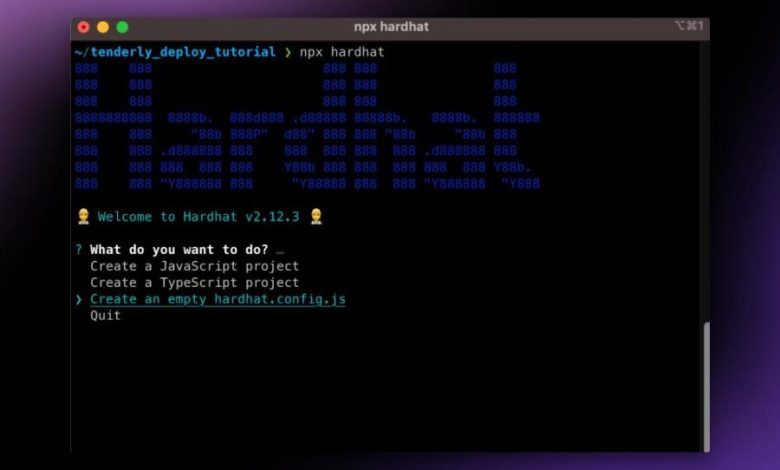Unleash the Power of Smart Contracts with Ethereum

Unleash the Power of Smart Contracts with Ethereum
What are Smart Contracts?
Smart contracts are self-executing contracts with the terms of the agreement directly written into lines of code. They automatically execute when the predefined conditions are met, without requiring intermediaries or third parties. This technology is revolutionizing and disrupting traditional industries by providing transparent, secure, and efficient solutions.
How does Ethereum play a role in Smart Contracts?
Ethereum is a decentralized blockchain platform that enables the development of smart contracts. It provides a robust and secure infrastructure for executing these smart contracts. With Ethereum, developers can create and deploy their own decentralized applications (DApps) on the blockchain, taking advantage of its massive computing power and global network.
Unleashing the Power
Now that we have a basic understanding of smart contracts and Ethereum, let’s explore how this technology can unleash its power:
1. Autonomous Transactions
Smart contracts eliminate the need for intermediaries, such as lawyers or banks, to enforce and execute agreements. By automating transactions, smart contracts enable direct peer-to-peer interactions, reducing costs and improving efficiency. Whether it’s a payment, asset transfer, or any other transaction, smart contracts can handle it autonomously.
2. Transparency and Security
Smart contracts are stored on the Ethereum blockchain, which ensures transparency and immutability. Once deployed, they cannot be altered or manipulated, providing a high level of security and trust. All parties involved can easily verify the terms and conditions of the contract, preventing any disputes or fraudulent activities.
3. Efficiency and Cost Savings
With the elimination of intermediaries, smart contracts streamline processes and remove unnecessary delays. By automating tasks and removing human involvement, smart contracts decrease the possibility of errors and increase overall efficiency. This efficiency results in cost savings, as fewer resources are required to execute and enforce contracts.
4. Decentralization and Collaboration
Smart contracts on the Ethereum blockchain are decentralized, meaning there is no central authority controlling or manipulating the contracts. This decentralized nature enables collaboration and cooperation on a global scale. Smart contracts can be accessed and executed by anyone with an internet connection, fostering inclusivity and innovation.
Frequently Asked Questions (FAQs)
Q1: Are smart contracts legally binding?
A1: Yes, smart contracts can be legally binding. The code of the smart contract is considered the agreement itself, and as long as it meets the requirements of a legally binding contract, it is enforceable.
Q2: Can smart contracts be changed once deployed?
A2: No, smart contracts cannot be changed once deployed on the Ethereum blockchain. They are immutable, meaning they cannot be altered, deleted, or modified in any way.
Q3: Is Ethereum the only platform for smart contracts?
A3: No, while Ethereum is the most popular platform for smart contracts, there are other blockchain platforms that support smart contract functionality, such as EOS, Tron, and Neo.
Q4: Can smart contracts be used in real-world applications?
A4: Absolutely! Smart contracts have already found applications in various industries, including finance, supply chain management, gaming, and more. Their potential is vast, and we are just beginning to scratch the surface of what they can accomplish.
By leveraging the power of smart contracts on the Ethereum blockchain, individuals and businesses can revolutionize their operations, streamline processes, and unlock new possibilities. Embracing this technology can lead to efficiency, cost savings, and unprecedented levels of transparency and security.
So, what are you waiting for? Unleash the power of smart contracts with Ethereum today!



